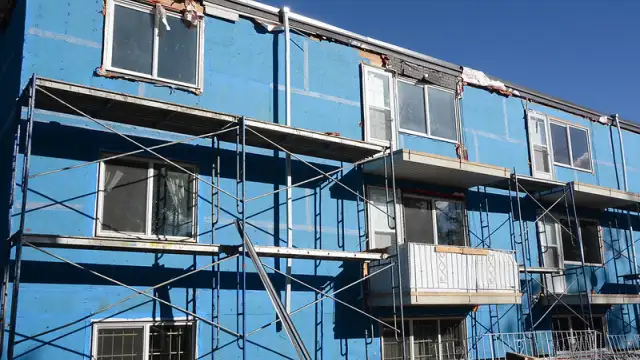By Jay Fox
Recent polling data from the American Psychiatric Association (APA) suggests that a majority (55%) of adults in the United States believe that climate change is impacting Americans’ mental health. Additionally, more than one-third (35%) say they worry about climate change on a weekly basis. Of the poll’s 2,208 adult participants, 40% said that they have personally felt the effects of climate change on their mental health, and half of those individuals said that the impact was significant.
The data comes from the most recent polling results from the APA’s Healthy Minds polls, which track timely mental health issues throughout the year. Participants took part in this poll between March 18-20, 2025, and a majority expressed feeling either very anxious or somewhat anxious about multiple issues facing the nation, including the economy (77%), healthcare (68%), gun violence (64%), tariffs (64%), hate speech and hate crimes (62%), international conflicts (61%), climate change (58%), artificial intelligence (55%), border security and immigration (54%), and the future of reproductive rights (51%).












